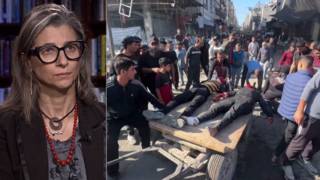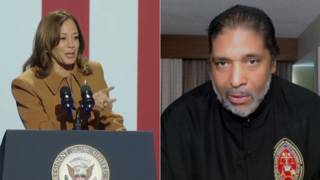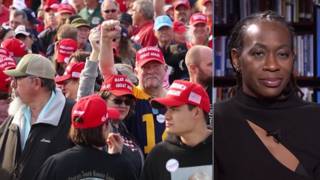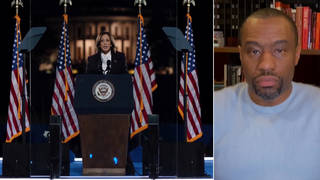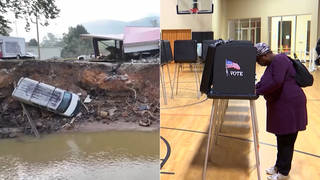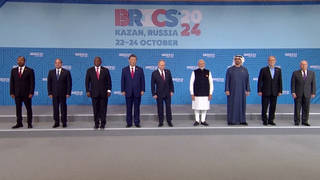
Related
By AMY GOODMAN
SYNDICATED COLUMNIST
My goal as a journalist is to break the sound barrier. To cut through the static and bring forth voices that are not usually heard. I am not talking about a fringe minority, or the Silent Majority, but a silenced majority, increasingly restless, of people who are looking for alternative sources of information in a complex world.
With this column, I join you in the important ritual of reading the paper, of examining the news, to discern for yourself the state of the world and your place in it. I invite you to join me in going to where the silence is, as we seek out the news and newsmakers who are ignored. This column will include voices so often excluded, people whose views the media mostly ignore, issues they distort and even ridicule.
If we take television as but one example, you would hardly think there are legitimate dissenting viewpoints in this world. What is typically presented to us as news analysis is, for the most part, a small circle of pundits who know so little about so much, attempting to explain the world to us. While they may appear to differ, they are quibbling over how quickly the bombs should be dropped, not asking whether they should be dropped at all.
Unfortunately, as a result, people are increasingly turning away from the news, when news media should be providing a forum for discussion — a forum that is honest, open, that weighs all the options and includes voices so often excluded, yet deeply affected by U.S. policy around the globe.
It is the job of the media to be the exception to the rulers, to hold those in power accountable for their decisions, to challenge and to ask the hard questions — in short, to be the public watchdog. We in the media need to find stories of hope. We need to tell those stories that resonate with people, to tell stories of the people who live far from the rarified concerns of that passel of pundits crowding and crowing on the small screen. We need to hear local discussions cast in a global frame.
In this new media environment, what daily local and regional papers can consistently offer their readerships are the authentic voices of people in their communities dealing with a globalized world. We don’t have to wait for the alternative media; we are building it right now.
Newspapers have always held a central role for my indie media colleagues in our daily newsgathering. In this column, I hope to go beyond the nine-second sound bite to bring you the whole meal, grass-roots voices in this community as well as in communities around the world.
This column will be a forum for stories from the streets, not the suites. It will engage you on the most important issues of the day, but it will engage you, I hope, with a relevance to everyday life. It will bring out the voices like those in your community, from all over the world, of people who now live in an increasingly globalized community. These unprecedented changes are affecting everyone, everywhere, in related ways. This is the tenor and direction I hope to bring to this column.
I see the media as a huge kitchen table that stretches across this country, one where we all sit around to debate and discuss the most critical issues of the day: war and peace, life and death. Anything less than that is a disservice to a democratic society.
Amy Goodman hosts the radio news program Democracy Now! Distributed by King Features Syndicate.

